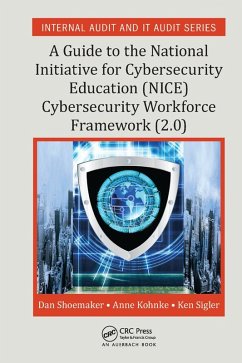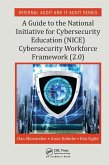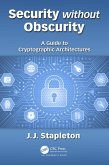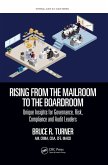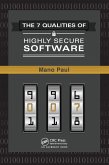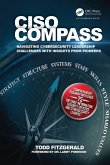A Guide to the National Initiative for Cybersecurity Education (NICE) Cybersecurity Workforce Framework (2.0) presents a comprehensive discussion of the tasks, knowledge, skill, and ability (KSA) requirements of the NICE Cybersecurity Workforce Framework 2.0. It discusses in detail the relationship between the NICE framework and the NIST's cybersecurity framework (CSF), showing how the NICE model specifies what the particular specialty areas of the workforce should be doing in order to ensure that the CSF's identification, protection, defense, response, or recovery functions are being carried out properly.The authors construct a detailed picture of the proper organization and conduct of a strategic infrastructure security operation, describing how these two frameworks provide an explicit definition of the field of cybersecurity. The book is unique in that it is based on well-accepted standard recommendations rather than presumed expertise. It is the first book to align with and explain the requirements of a national-level initiative to standardize the study of information security. Moreover, it contains knowledge elements that represent the first fully validated and authoritative body of knowledge (BOK) in cybersecurity.The book is divided into two parts: The first part is comprised of three chapters that give you a comprehensive understanding of the structure and intent of the NICE model, its various elements, and their detailed contents. The second part contains seven chapters that introduce you to each knowledge area individually. Together, these parts help you build a comprehensive understanding of how to organize and execute a cybersecurity workforce definition using standard best practice.
Dieser Download kann aus rechtlichen Gründen nur mit Rechnungsadresse in A, B, BG, CY, CZ, D, DK, EW, E, FIN, F, GR, HR, H, IRL, I, LT, L, LR, M, NL, PL, P, R, S, SLO, SK ausgeliefert werden.

